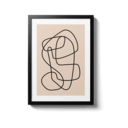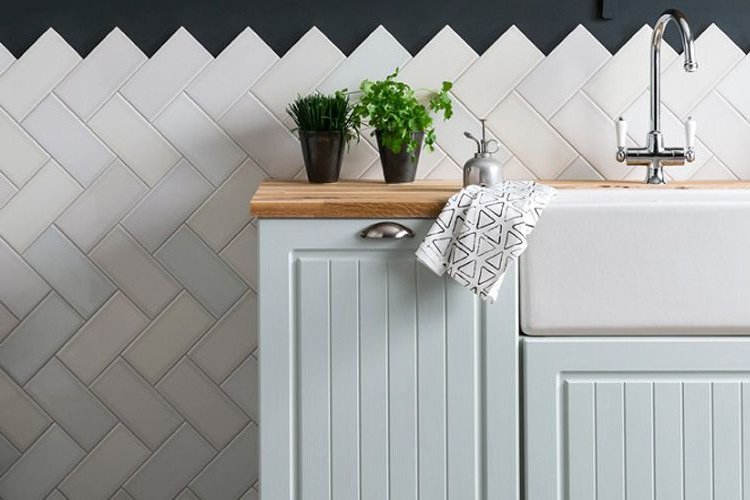Tiles of different formats for an original bathroom
It is obvious that bathroom tiles set the style of this room, but there is such a wide range of sizes, formats and colors that sometimes it is difficult to choose.
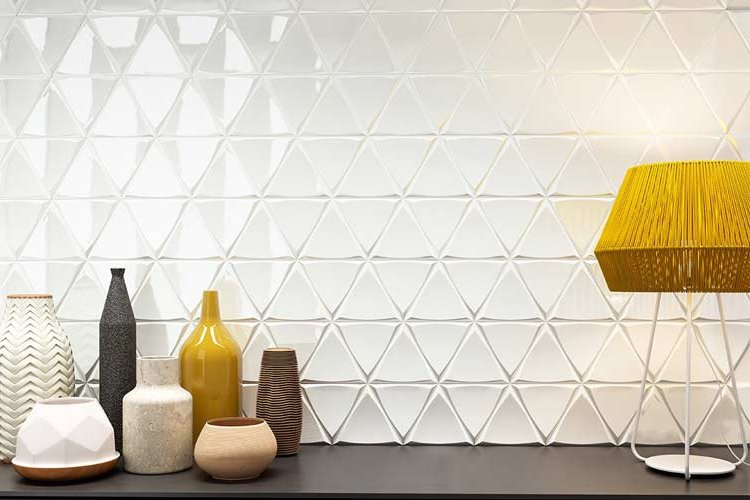
When looking for a minimalist bathroom in which the tiles do not stand out, the choice is relatively easy, usually opting for a large format, smooth and in light tones (white, mink or very light gray).
But if you are looking for originality, the options multiply, so this time we will analyze how to get an original bathroom by choosing tiles of different formats than usual.
Once upon a time, the tiles we found on the market in terms of format were few and far between: squares and rectangles. Bigger or smaller, but always in this shape. However, a few years ago, different variants began to emerge that have delighted interior designers and decorators for the possibilities they offer. Let's see the main models!
Japanese waves
Japanese waves became popular in the world of decoration at all levels some time ago, but it seems that they are here to stay.
Its characteristic organic shape made it gain followers right away and it was transferred to the tile world, bringing a cheerful and fun touch to the bathroom. The additional possibility of placing them face up or face down is up to each one's taste ;)
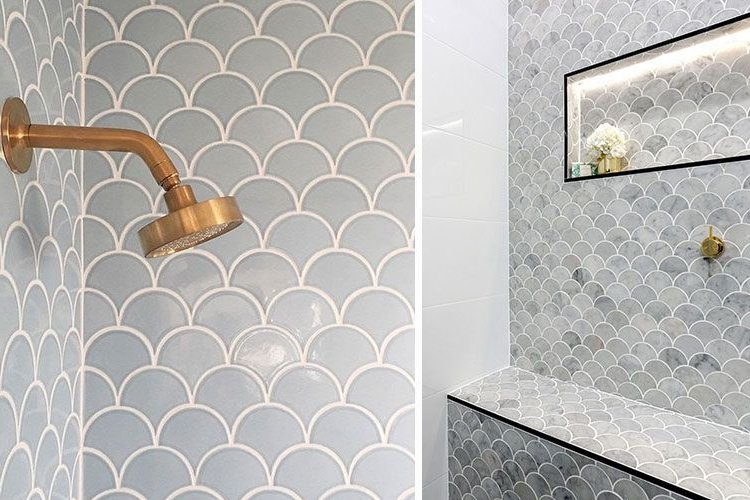
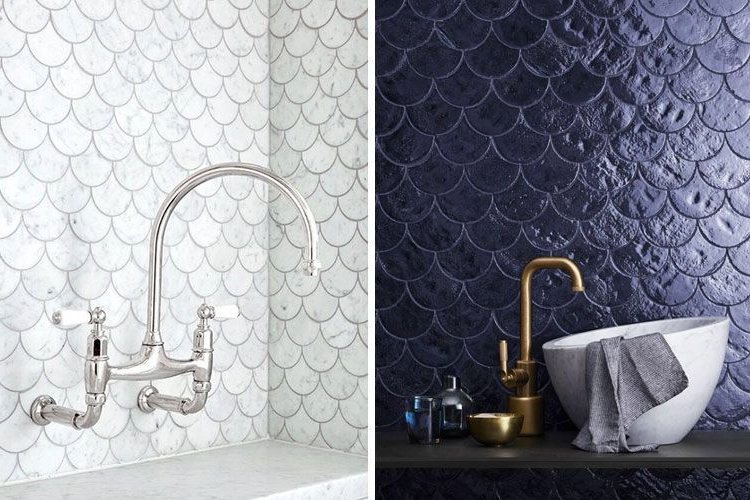
Hexagons
Also present for some time now, hexagons continue to be talked about, and continue to be a most original and decorative resource for interior designers around the world.
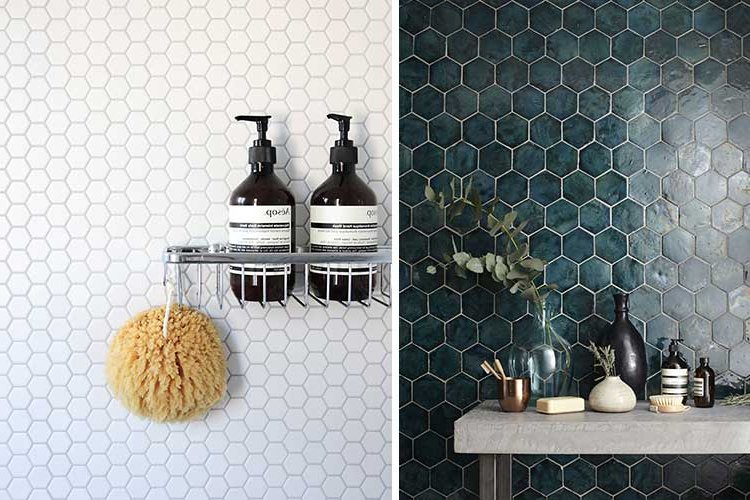
Their particular shape, in which some fit perfectly with others, also allows alternative placements, in which different models and colors are combined to create original collages, or in which they are mixed with the paint on the wall, marking original irregular shapes.
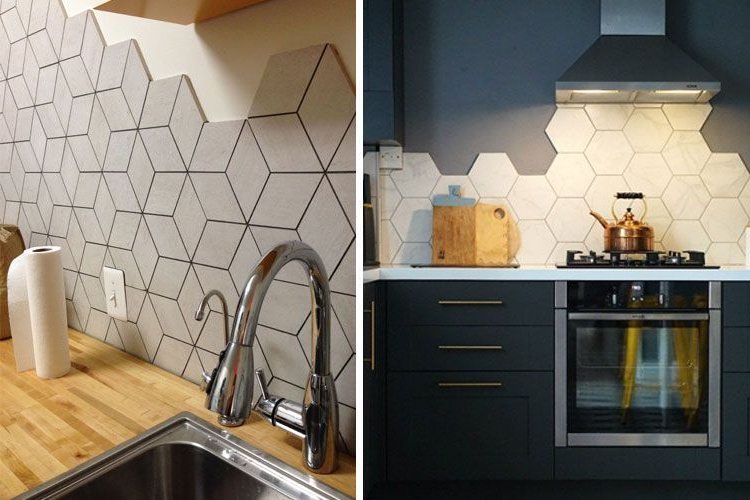
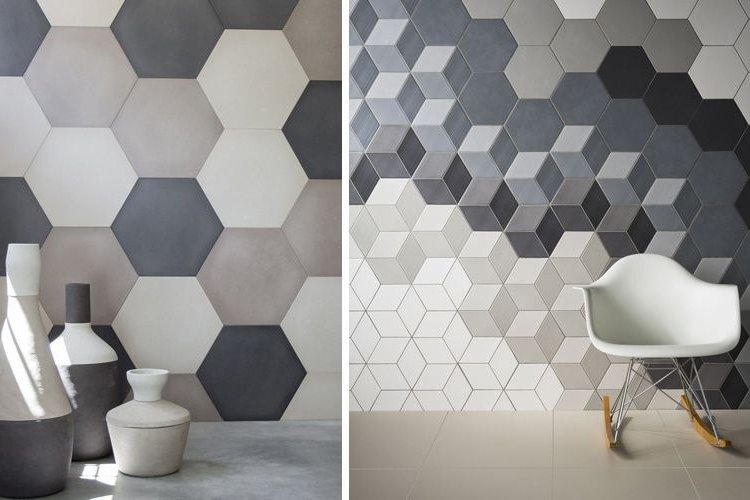
Rhombuses
Rhombuses have traditionally been widely used in flooring, especially in black-white color combinations forming a kind of rhomboidal checkerboard.
However, transferring this format to the walls is much less seen and therefore tremendously original, don't you think?
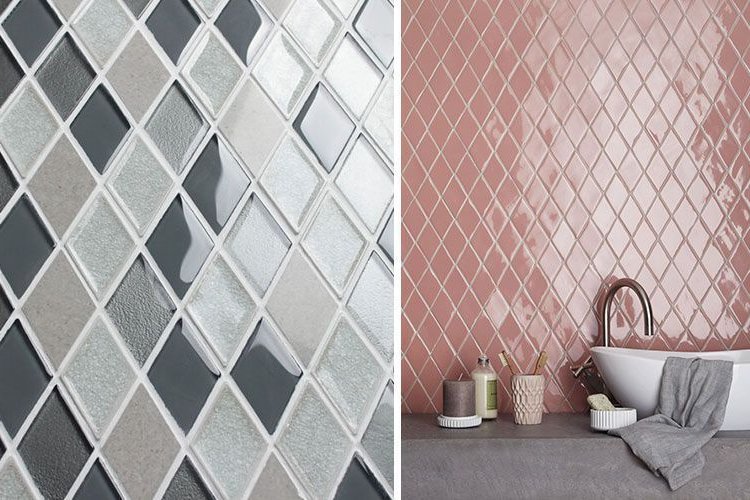
Balls
They appeared some time ago and their use seems to have decreased (probably because of the difficulty involved in laying them or evenly distributing the grout) but circular tiles are still being used as a different option, usually in the form of a tiny, metallic or glazed mosaic.
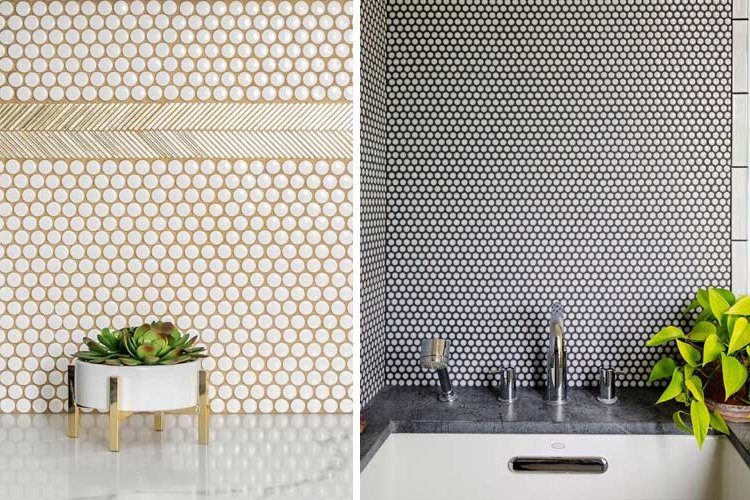
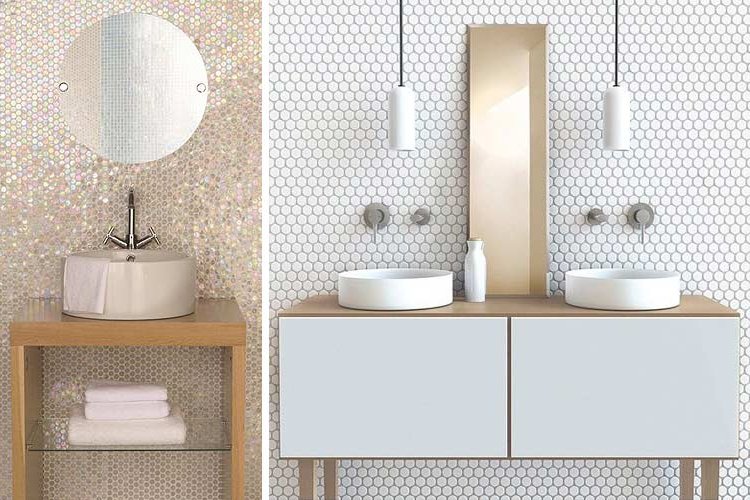
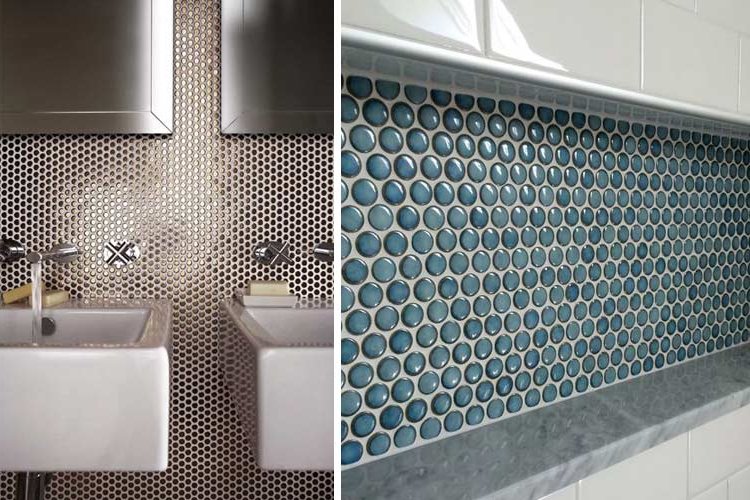
Triangles
Much less common, perhaps because the triangle as a format has a more aggressive point than the rest or because it tends to be associated with the ethnic style, the truth is that it is still a format little exploited and therefore can be the most decorative:
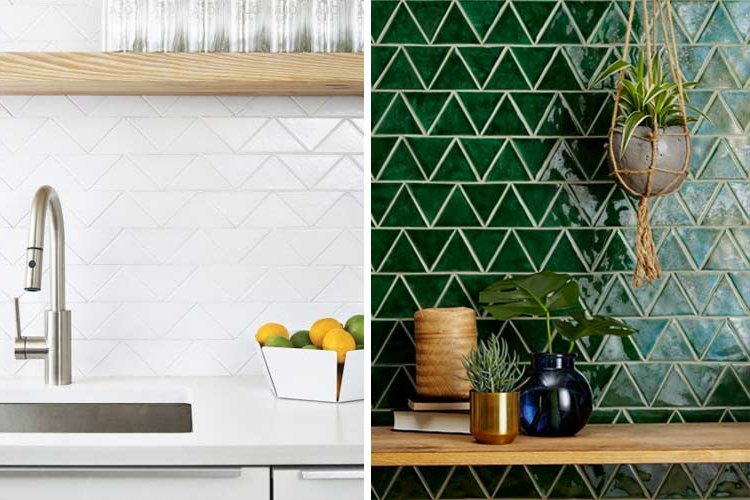
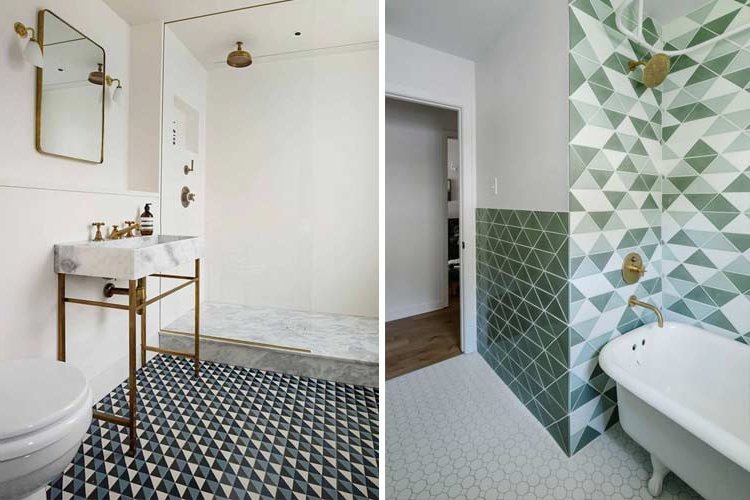
Sometimes the bases of the triangle can also be joined together, causing the optical illusion of a rhombus or hexagon, although in reality the design is made up of triangles.
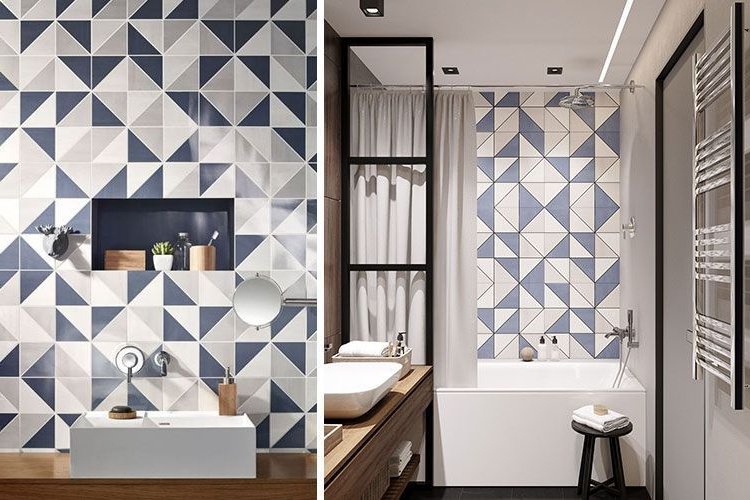
Organic shapes
There is another type of tile with organic shapes that cannot be framed in a particular denomination. They are tiles that recreate designs reminiscent of Mudejar mosaics and are usually associated with classical or Arabic style bathrooms.
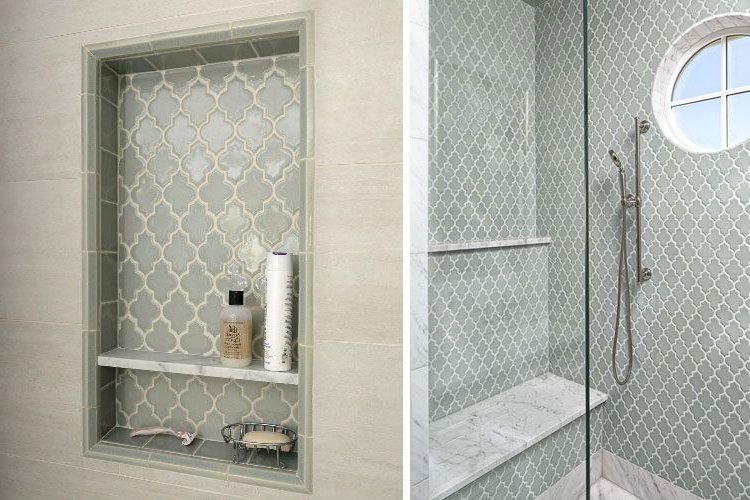
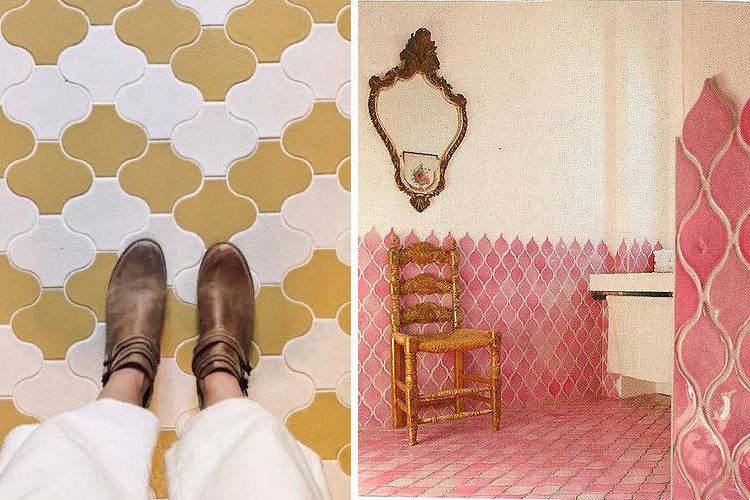
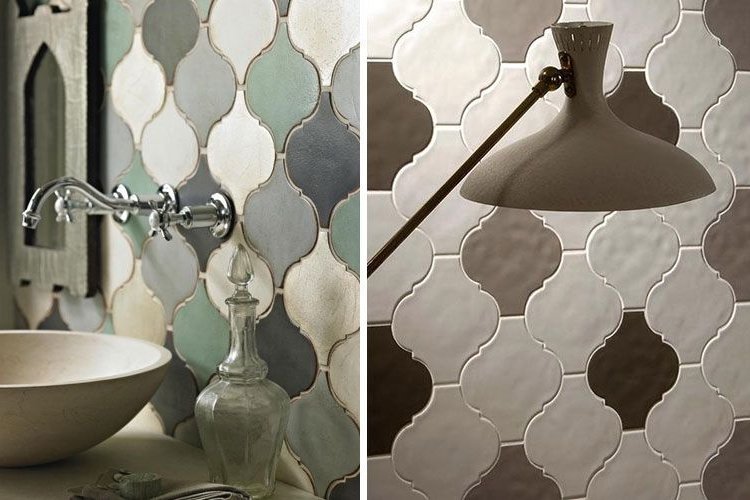
Also within this section we could include the petal tiles, which placed randomly or well designed bring a lot of life and originality to the walls.
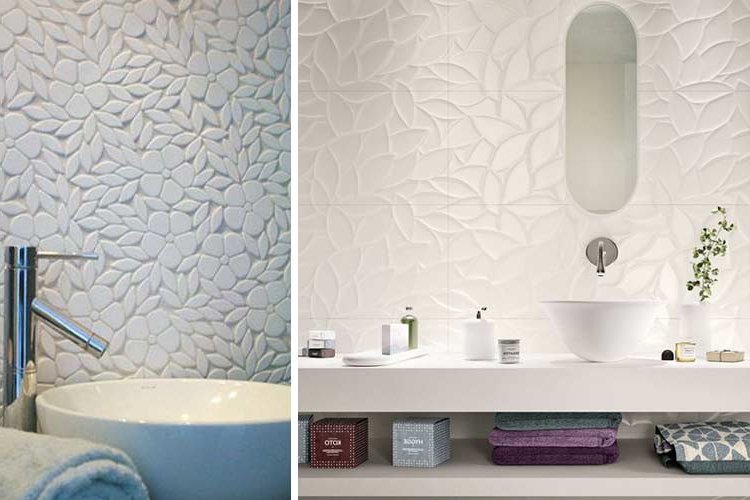
3D Formats
Very popular in recent times, the so-called 3D tiles are actually pieces that when placed generate different reliefs on the walls. For this reason, they are usually recommended for bare walls that are not going to have sinks, faucets or accessories.
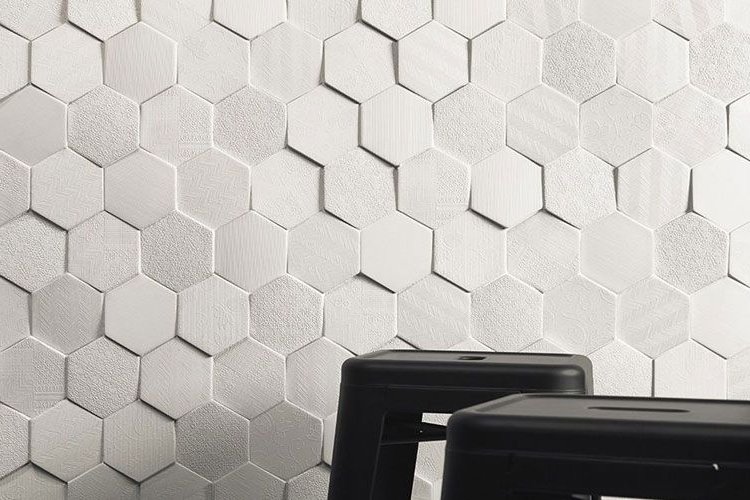
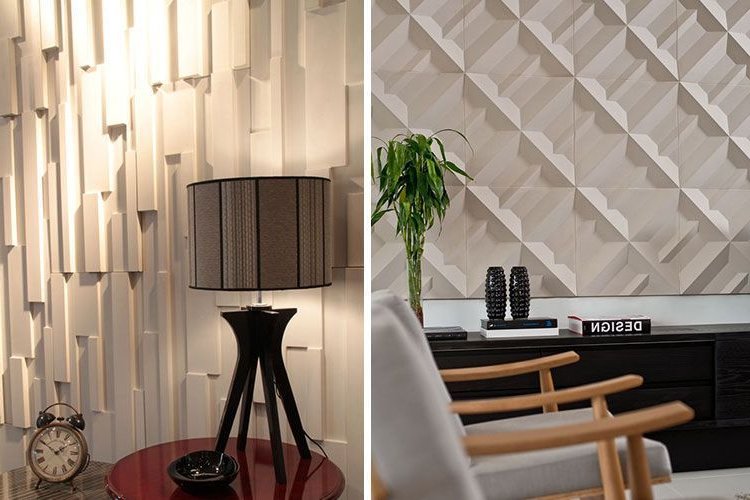
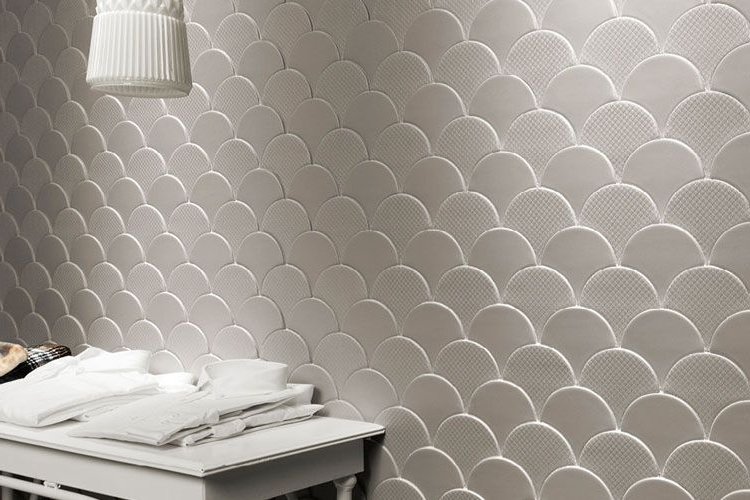
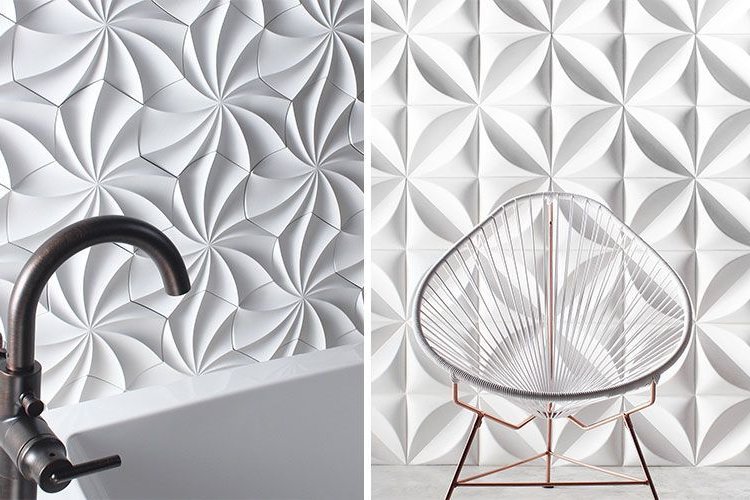
Other formats
Lastly, as far as formats are concerned, we include a drawer in which we include tiles of strange shapes present in the market that create spectacular and very decorative effects in any bathroom or wall where they are placed.
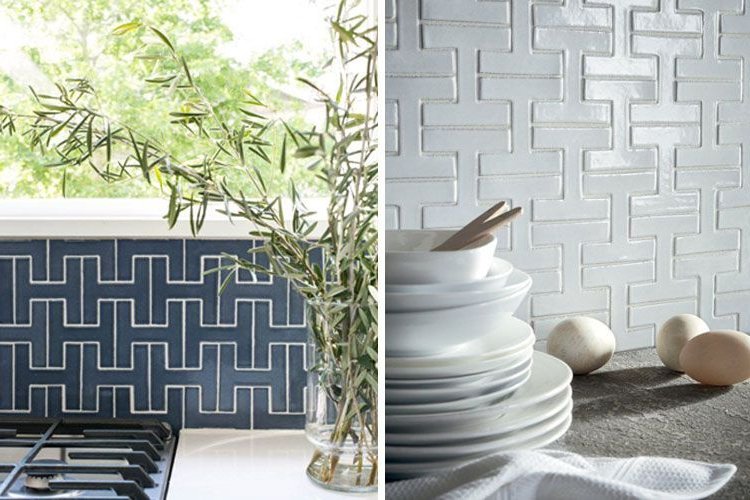
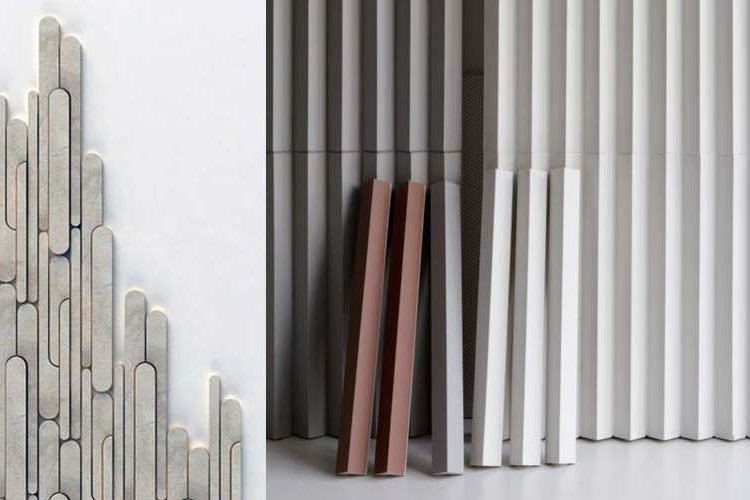
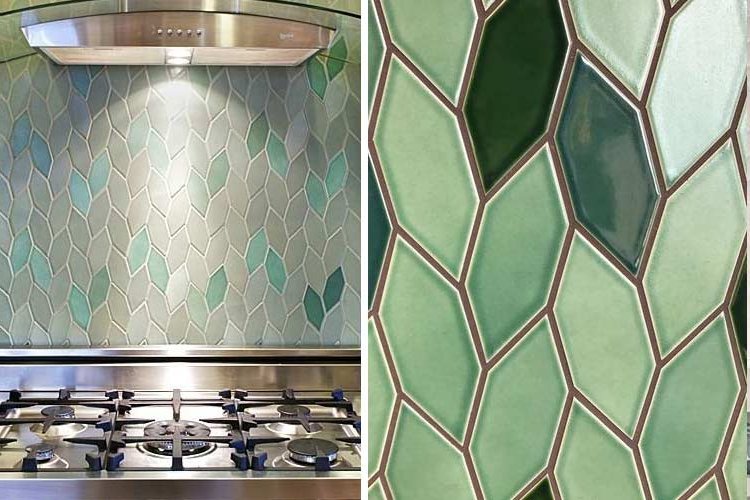
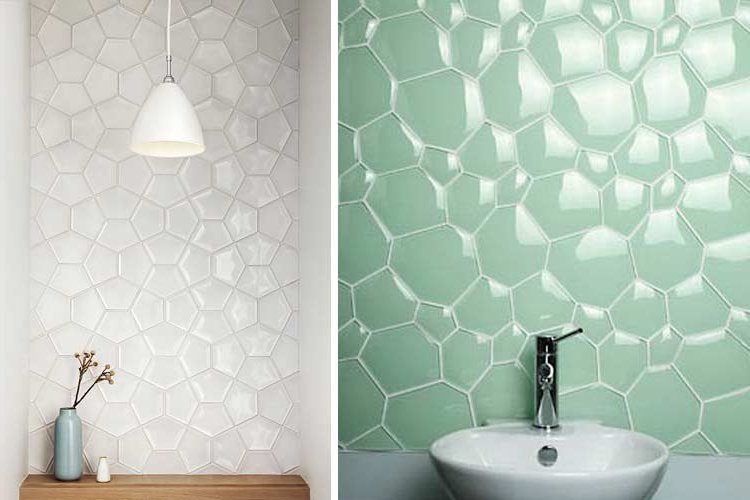
And if you want something really special, you can mix tiles of alternative formats together to achieve very particular designs.
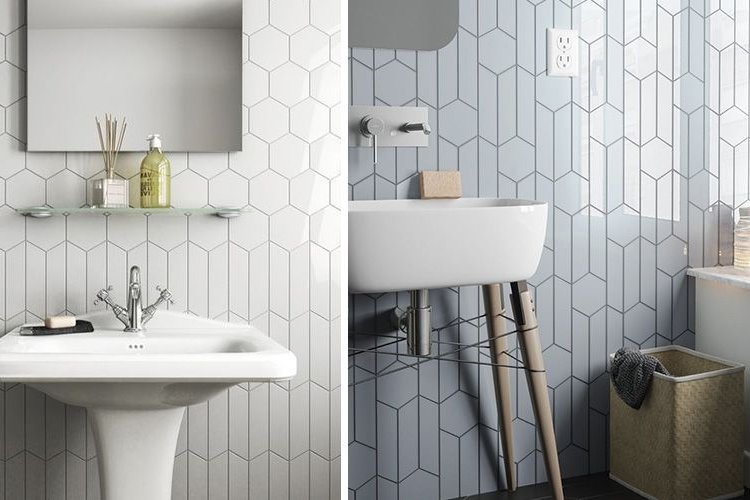
In short, there is no excuse to go out of the norm and get a different bathroom, it will be because of options!
The ethnic touch of buffalo and American steer heads
Curious ideas: How to decorate woodwork and walls with paint of the same color
How to decorate walls with geometric wallpapers
Alternative and original uses for curtain decorations
And we finish our "textile week" with tips, ideas and tricks to decorate with curtains in an

